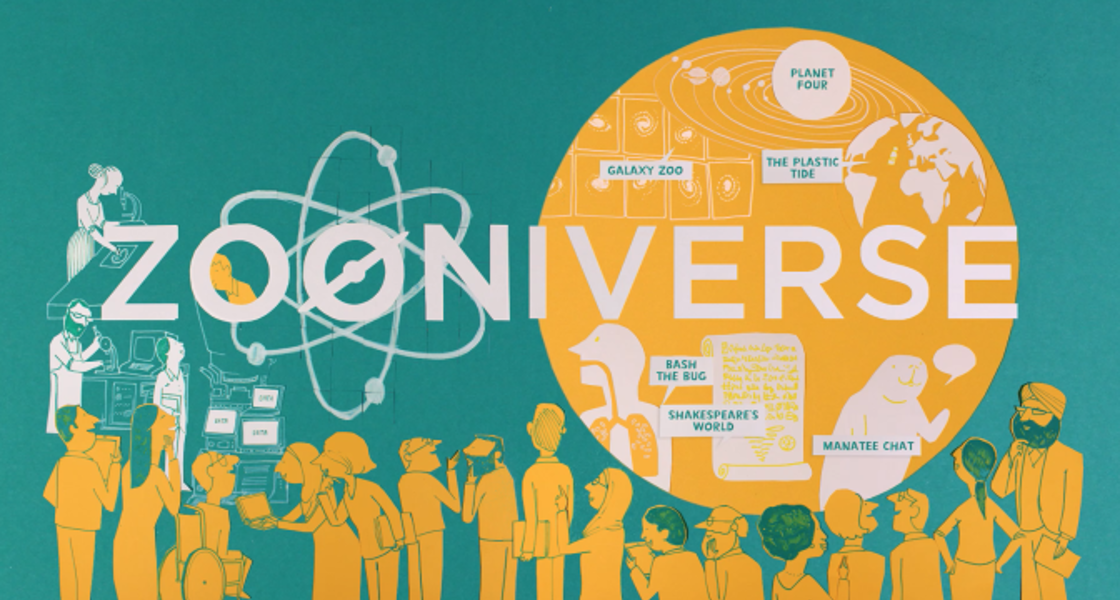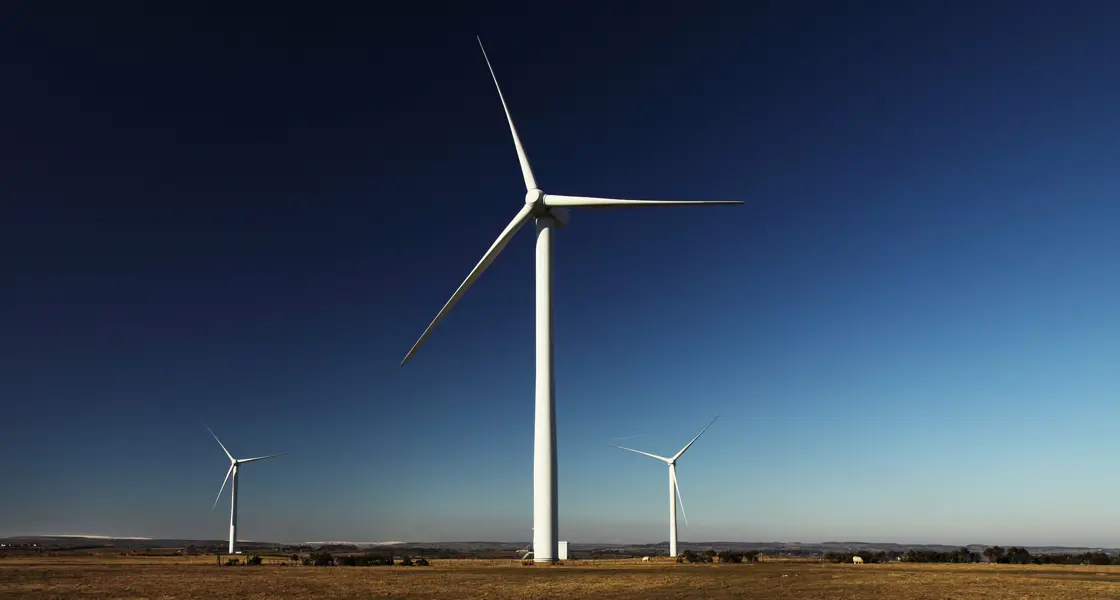Research at the Energy and Power Group, Department of Engineering Science, University of Oxford
Current Research Projects
Covering all aspects of energy.
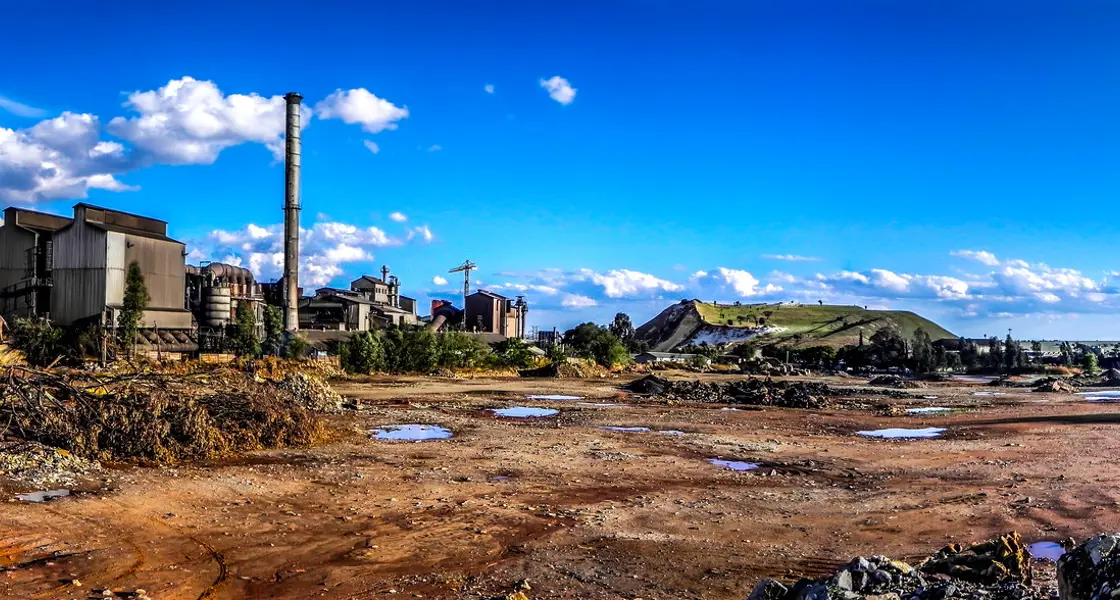
Climate Compatible Growth
The Climate Compatible Growth (CCG) programme is a 5-year research programme that provides research and global public goods to help developing countries develop economic strategies, plans, and policies to attract investment into low-carbon growth opportunities across multiple sectors. These are to support growth aspirations and better meet the SDGs. The project is funded by the UK's Foreign Development and Commonwealth Office (FCDO) to support investment in sustainable energy and transport systems to meet development priorities in the Global South. For more information please visit the main CCG website.

Future of Cooling Programme with the Oxford Martin School
By 2050 the energy needed for cooling will be equivalent to all of today’s consumption from the U.S., Europe and Japan. To tackle the challenge we need efficient cooling systems—not only air conditioners. EPG researchers are looking into new active and passive cooling technology for thermal comfort and food chains.

Local Energy Oxfordshire
Significant increase in demand over next 10 years. In Oxfordshire, 100,000 new homes, >100 new commercial sites, high EV uptake, electrification of heat. Oxfordshire’s clean growth targets require >6 times current low carbon generation capacity by 2030. Restricted to non-dispatchable solar. Government support disappearing. Technically, how do you support high non-dispatchable PV penetration on a highly constrained grid? Economically, how do you encourage new generation, storage, flexibility services and where is the new value?
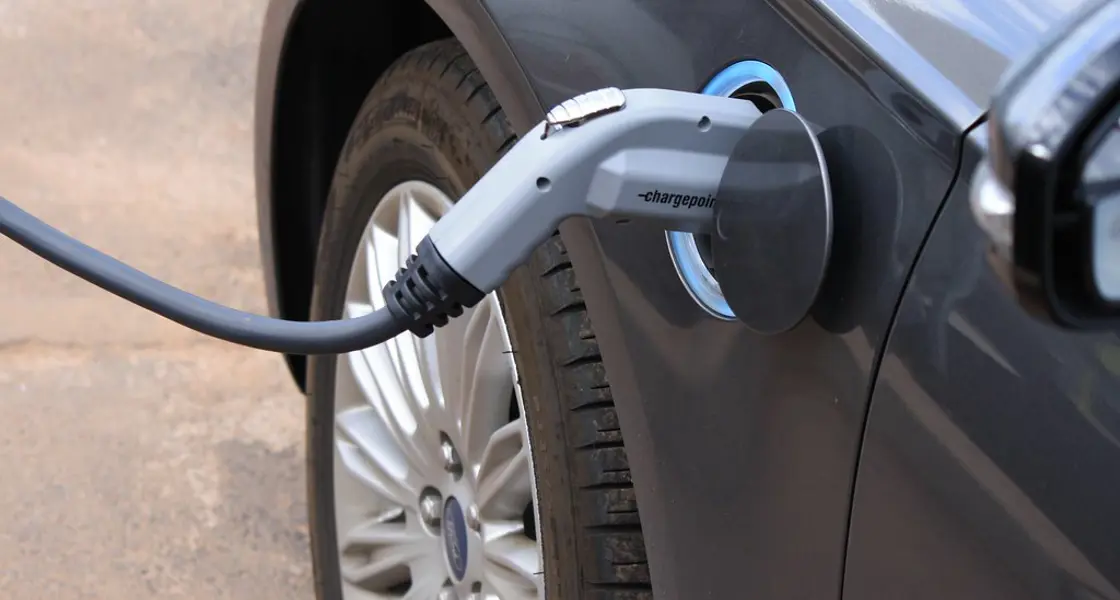
Park & Charge Pilot – October 2019 to March 2022
Park and Charge (PnC) aims to deliver a new technological and business model design via an easy-to-use, car-park-based service. This model proposes that low-cost, overnight charging solutions in often under-utilised car parks near residential areas could serve electric vehicle owners and users who lack access to home charging. Building upon a successful feasibility study, local SME Zeta are producing and installing state-of-the-art, smart EV chargers across 25-30 Local Authority owned car parks in partnership with Oxfordshire County Council, SSE and another local SME [ui!]uk, who will demonstrate an interoperable electric Mobility Service Provider (eMSP) platform and app.

Robust Extra Low Cost Nano Grid
Delivering universal access to electricity requires a commercially viable technology that provides energy for both social and economic upliftment. In rural Sub-Sahara Africa, the challenge is a sparse population whose income is less than two dollars a day. The need is for high power for productive services for agriculture - from water pumping to processing, for local manufacture from textiles to welding and local services – from education to hair salons.
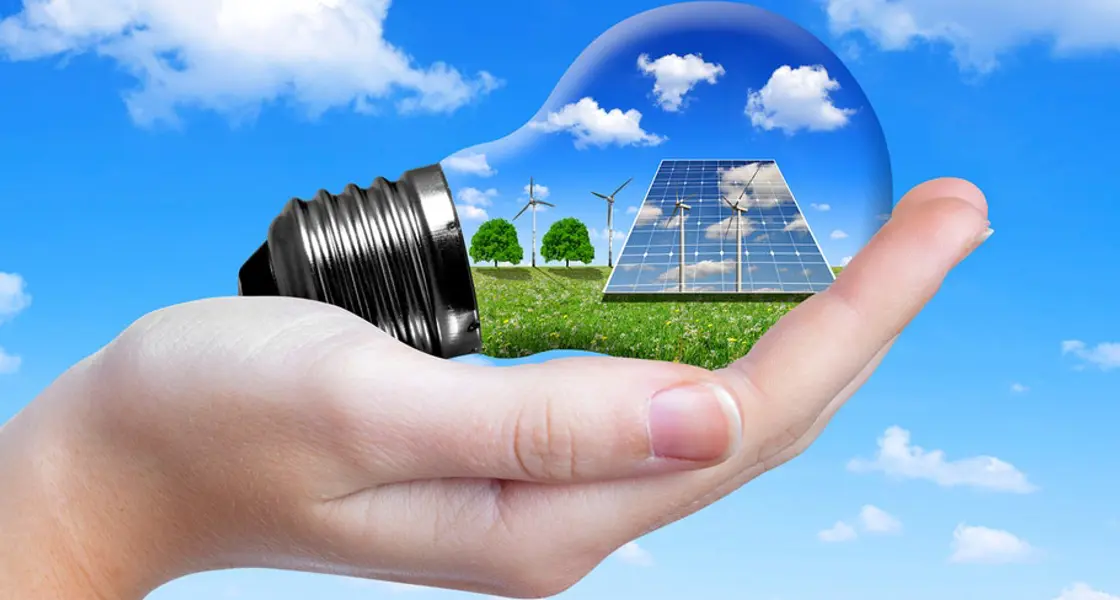
Integrating Renewable Energy
Mitigating climate change is a major challenge for the 21st Century and requires a transition to low carbon energy systems. Energy supply is responsible for 65% of greenhouse gas emissions, so transition to a low carbon energy system is critical to mitigating climate change. Intermittent renewable energy sources will play a key role, mainly through a large contribution to electricity generation. Integrating them effectively into electricity systems is therefore a critical challenge.
Past Research Projects
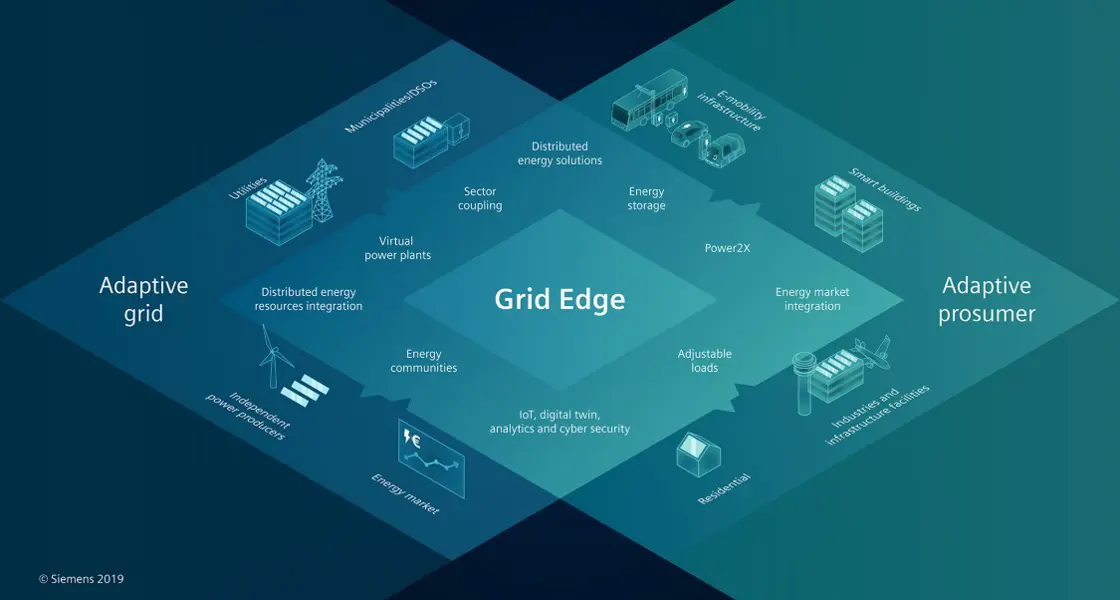
Grid edge technologies are an essential tool in the transformation of global energy – facilitating the adoption of renewables, turning consumers to prosumers, and mitigating climate change. Many factors influence which solutions are appropriate for a region, or how ready they are to deploy them at scale. We defined a powerful index to assess the relative need and readiness for grid edge solutions, so that barriers and opportunities can be identified and so that the grid edge revolution can be accelerated.



